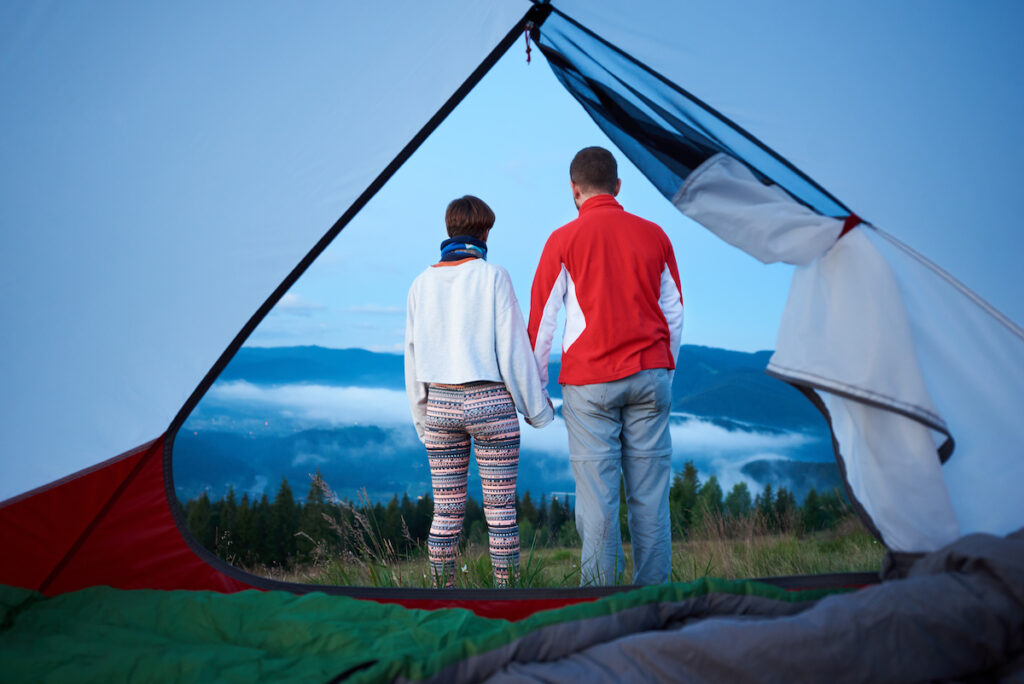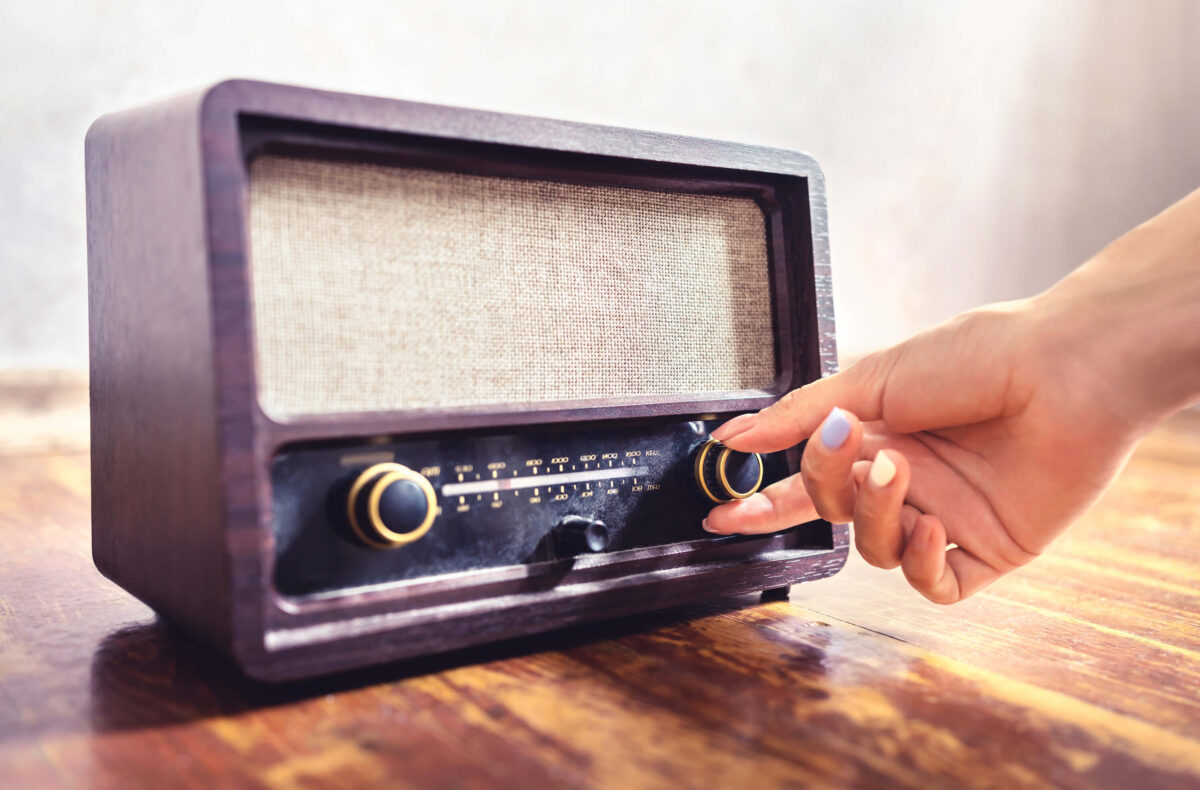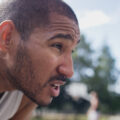Breathing is essential to Men’s Health
A vital question for men and men’s health – Is your tent still erect at sunrise?
Are you up and ready to meet the the adventure of the day?
Or is it too much effort to rise to what’s lies ahead of you?
For men’s health this has many levels of relating to your health, vitality and feelings of security in your relationship. Even in the field of physical therapy, Men’s Health magazine explains how erectile function is impacted by breathing and the pelvic floor.
For women who care about their man’s health & well-being – how does your man rise in the morning? How is the tent post…..under the covers? or is he groogy, slow to move, run down and unable to be motivated for the day’s adventure?
This is a subject a lot of men and women are shy to talk about. Erectile Dysfunction, or ED as the mainstream try to streamline the taboo and insecurities around the word – erect. And if you shelter up in the wild backcountry, exploring great adventures, you understand the importance of a secure erect shelter, or tent.
For men’s health, the morning of a good erection is the sign of a healthy pelvis, and a great day of adventure ahead. How can this be you ask? Let’s explore this vital topic.

And one the repeated message I hear when studying with Patrick McKeown – breathing expert, master teacher and author of several books on Breathing Health & Performance – is one sign of a man’s good health can be measured by the natural erection that occurs in the morning upon waking. Yes, a good sleep allows dependent on your breathing determines your ability to rise to all occasions and adventure ahead of you.
Sleep is the number one vital component for a successful and enjoyable adventure. It out-weighs the weight of the pack on your back, the food you prepare and devour, or how many miles you travel that day. Without the proper sleep, your body will not recover and the consequences of less than vital capacities leaves you at risk, less that able to perform, and worse …. unable to rise to the occasion when the adventure needs you the most.
What makes for good quality sleep? Let’s unpack the components that can make sleep optimal for you:
Quality
“I had a good night’s sleep”
How do you know? You may feel okay because you have habituated to the quality of sleep you are missing!
Do you wake up with a tent propped? Doesn’t have to be every morning but more than not, I suggest your erectile nature in the wakeup is indicative to your body getting the rest and circulation it needs. You can’t make love, have sex, when you are running from a tiger!
Refreshed feelings, clear head & eyes, flexible body, moist mouth, and a great BOLT score (click here to measure) are good measures to a good night’s restorative sleep. The BOLT score is especially important if you are exploring at altitude to see how well you are acclimatizing to the higher terrain and thinner air.
Breathing & Sleep
How your breathing at night has a major effect on how you recovered during sleep AND how much resources you have available for the day ahead.
How you feel and the circulation in your pelvis relates directly to how your breathing was in the night.
You may want to ask your partner you are sharing a tent with if there was noise. It can be from the mouth….VERY BAD!!! or it can come from a shut mouth……GOOD! but a very turbulent nasal breath……BAD!
I suggest to everyone to trial mouth taping during the day, to avoid freak out at night pulling the tape off your lips….ouch! and then mouth tape at night and compare how you feel….and perhaps if something is now holding the tent up.
Deep recovery and deep restoration during sleep require quiet and soft breathing. This is often a very under-valued part of your adventure. It can make or break your trip. Nocturnal hypoxia is the number one factor in people who get high-altitude sickness and don’t do well.
Day =>>> Night
How you breathe during the day determines how you breathe at night. The biggest change you can make is to breathe thru your nose unless your activity gets very intense. Surprisingly your ability to breathe thru your nose, especially at night is directly related to your pelvic health…. men’s health.
If you had a very taxing day and there was a lot of labored, heavy breathing, then the night time will be somewhat more turbulent or even loud.
It is best to cultivate a daily functional breathing pattern that incorporates the appropriate type of breathing for the level of the activity.
The gears of breathing are related to the intensity of the exercise or activity. If you can address habitual tendencies with awareness of how your breathe AND know what types of breathing to match the intensity instead of default you can remarkably improve your capacity and your ability to minimize the suffering, that unfortunately gets accepted when you are exploring the great outdoors with everything on your back.
Breathing is primary, and if it suffers the fate of unconditioned response, then you will suffer unnecessarily; your confidence goes down, AND more importantly you loose the memory of a good trip because your mind had to deal with you suffering; and surviving your unnecessary suffering does not make you a great explorer.





